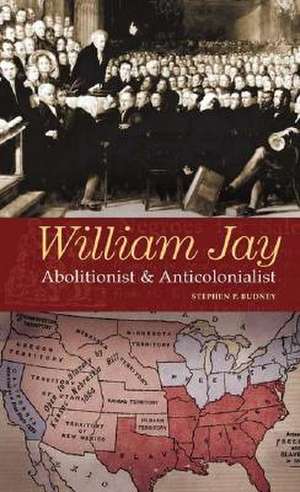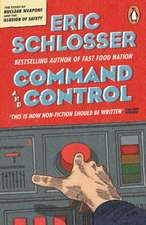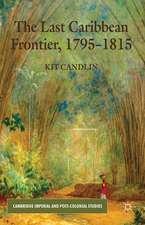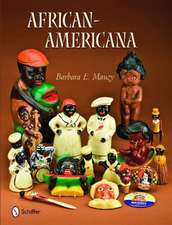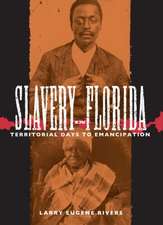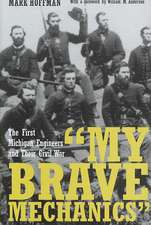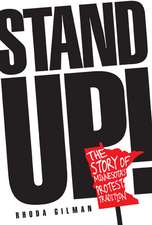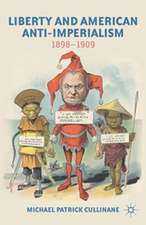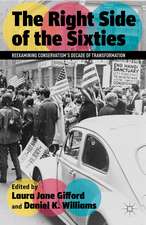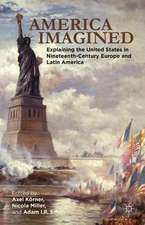William Jay: Abolitionist and Anticolonialist
Autor Stephen Budneyen Limba Engleză Hardback – 27 feb 2005 – vârsta până la 17 ani
Preț: 363.38 lei
Preț vechi: 501.45 lei
-28% Nou
Puncte Express: 545
Preț estimativ în valută:
69.53€ • 72.60$ • 57.42£
69.53€ • 72.60$ • 57.42£
Carte tipărită la comandă
Livrare economică 15-29 aprilie
Preluare comenzi: 021 569.72.76
Specificații
ISBN-13: 9780275985554
ISBN-10: 0275985555
Pagini: 200
Dimensiuni: 156 x 235 x 19 mm
Greutate: 0.42 kg
Ediția:New.
Editura: Bloomsbury Publishing
Colecția Praeger
Locul publicării:New York, United States
ISBN-10: 0275985555
Pagini: 200
Dimensiuni: 156 x 235 x 19 mm
Greutate: 0.42 kg
Ediția:New.
Editura: Bloomsbury Publishing
Colecția Praeger
Locul publicării:New York, United States
Notă biografică
Stephen P. Budney is Professor of History at Pikeville College. Born in Connecticut, he studied history at the University of Maine and the University of Mississippi.
Cuprins
PrefaceIntroductionInfluencesA Wonderful Apathy PrevailsI Am an Abolitionist, and I Thank God I AmOn the Altar of MolochThe Time Has Come for Christians and Churches to ActBibliography
Recenzii
William Jay, the son of America's first chief justice, John Jay, is a significant but overlooked figure in the annals of antebellum reform. In this short but important book, Budney maintains that Jay was led to reform by his religious convictions, his republican principles, and his father's humanitarian example. Early in his career, he was active in religious benevolence and in the peace movement. He was sympathetic to, but remained aloof from, abolitionism. Budney asserts that it was the antiabolitionist riots and racial violence of the 1830s that galvanized Jay to activism. He endorsed the newly formed American Antislavery Society and denounced the American Colonization Society's efforts to colonize freed African Americans in Africa. Although never as radical in his speeches and writings as William Lloyd Garrison and his followers, Jay condemned the annexation of Texas and the war with Mexico as examples of a conspiracy to spread slavery in the West. Jay remained active in both the antislavery and peace movements until his death in 1857. Budney's book restores Jay to his rightful place in the abolitionist movement and helps the reader understand the complexity of antislavery. The bibliography enhances the book's worth..Recommended. All levels/libraries.
Stephen P. Budney's insightful biography of William Jay (1789-1857) extends the historiography of abolitionism beyond well-worn tales of Garrisonian reformers in antebellum New England..Jay is fortunate to have found a sympathetic and probing biographer whose compact book brings both conservative abolitionists and the American nation-state back into the story of antislavery activism.
Stephen P. Budney's insightful biography of William Jay (1789-1857) extends the historiography of abolitionism beyond well-worn tales of Garrisonian reformers in antebellum New England..Jay is fortunate to have found a sympathetic and probing biographer whose compact book brings both conservative abolitionists and the American nation-state back into the story of antislavery activism.
